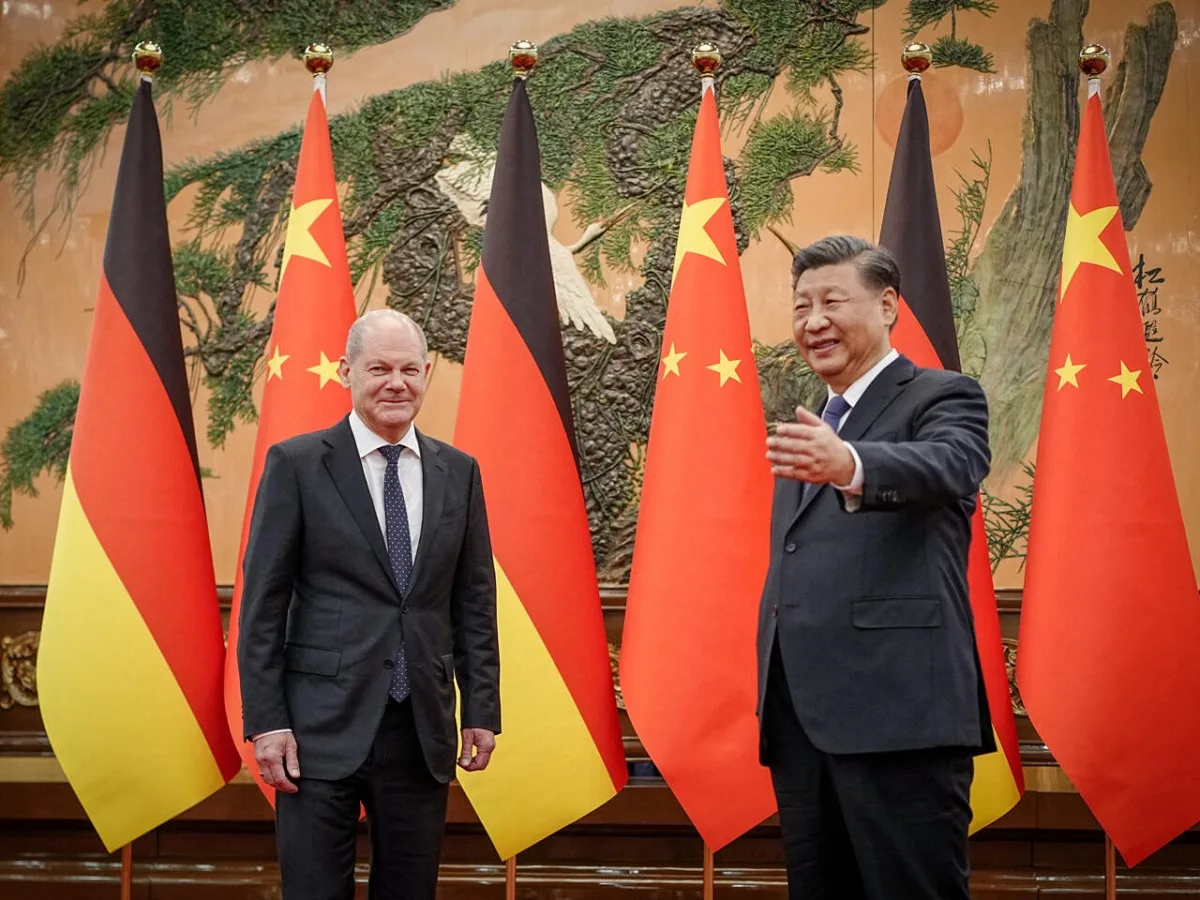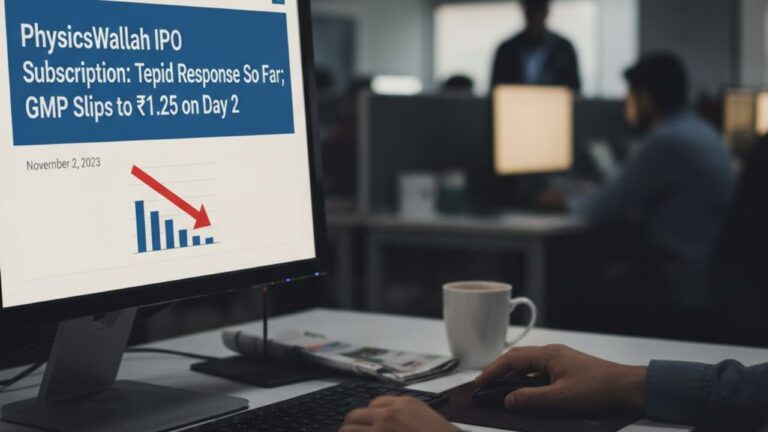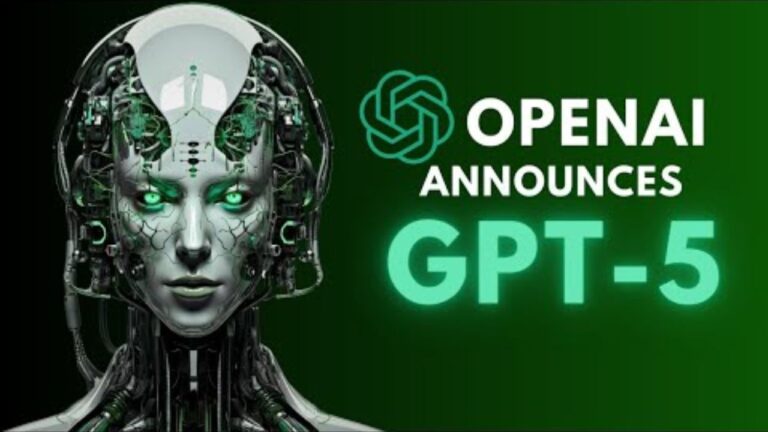
The purpose of the visit is to strengthen ties with Germany’s foremost trade partner and to address contentious issues such as Chinese trade practices and its alignment with Russia amidst escalating tensions.
Beginning his tour in the bustling metropolis of Chongqing, Chancellor Scholz, accompanied by prominent German CEOs, is slated to traverse through Shanghai and Beijing. Key meetings are scheduled with Chinese President Xi Jinping and Premier Li Qiang, underscoring the significance of the visit.
However, the visit comes against the backdrop of Iran’s recent aggression against Israel, which has diverted some attention from the bilateral discussions. Chancellor Scholz has vehemently condemned the attacks, emphasizing the need for stability in the region. Sources indicate that he remained updated on the unfolding events in the Middle East during his flight to China.
German officials see China potentially playing a constructive role in defusing tensions in the Middle East, drawing parallels with China’s mediation efforts between Iran and Saudi Arabia in the past. Reports suggest that China has already urged Iran to curb attacks in the Red Sea region to safeguard bilateral business interests.
Despite historical economic ties, Germany’s stance on China has grown increasingly critical, especially in the aftermath of the Ukrainian conflict. This shift is evident in Germany’s publication of its inaugural China strategy, highlighting concerns over unfair trade practices and supply chain vulnerabilities. Efforts to reduce dependence on China, however, are still in nascent stages.
One focal point of the visit is Chancellor Scholz’s visit to Bosch’s hydrogen fuel cell plant in Chongqing, symbolizing the burgeoning tensions in green technology trade. The European Union’s probes into alleged state subsidies benefiting Chinese electric vehicle manufacturers have stoked fears of a potential trade war, particularly impacting Germany’s automotive industry.
Furthermore, Chancellor Scholz is expected to address China’s support for Russia, particularly in the context of the ongoing conflict in Ukraine. German officials have been forthright in criticizing Beijing’s backing of Moscow, cautioning against the repercussions it poses for China’s global standing.
In a social media post, Chancellor Scholz underscored the significance of China refraining from supporting Russia’s aggressive actions against Ukraine, highlighting the growing importance of principled foreign policy in an increasingly interconnected world.






